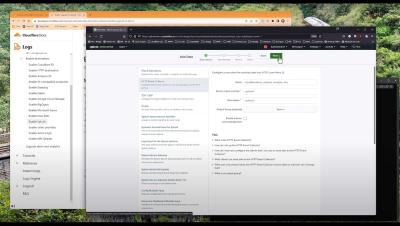AnyDesk Confirms Unauthorized Access to Production Systems
On February 2, 2024, AnyDesk confirmed a compromise of its production systems in a security advisory, leading the company to revoke all security-related keys, including the cryptographic code-signing certificate used to publish their software. As an additional precaution, AnyDesk also reset user passwords on the AnyDesk web portal. AnyDesk has started using a new code signing certificate as of AnyDesk version 8.0.8.











